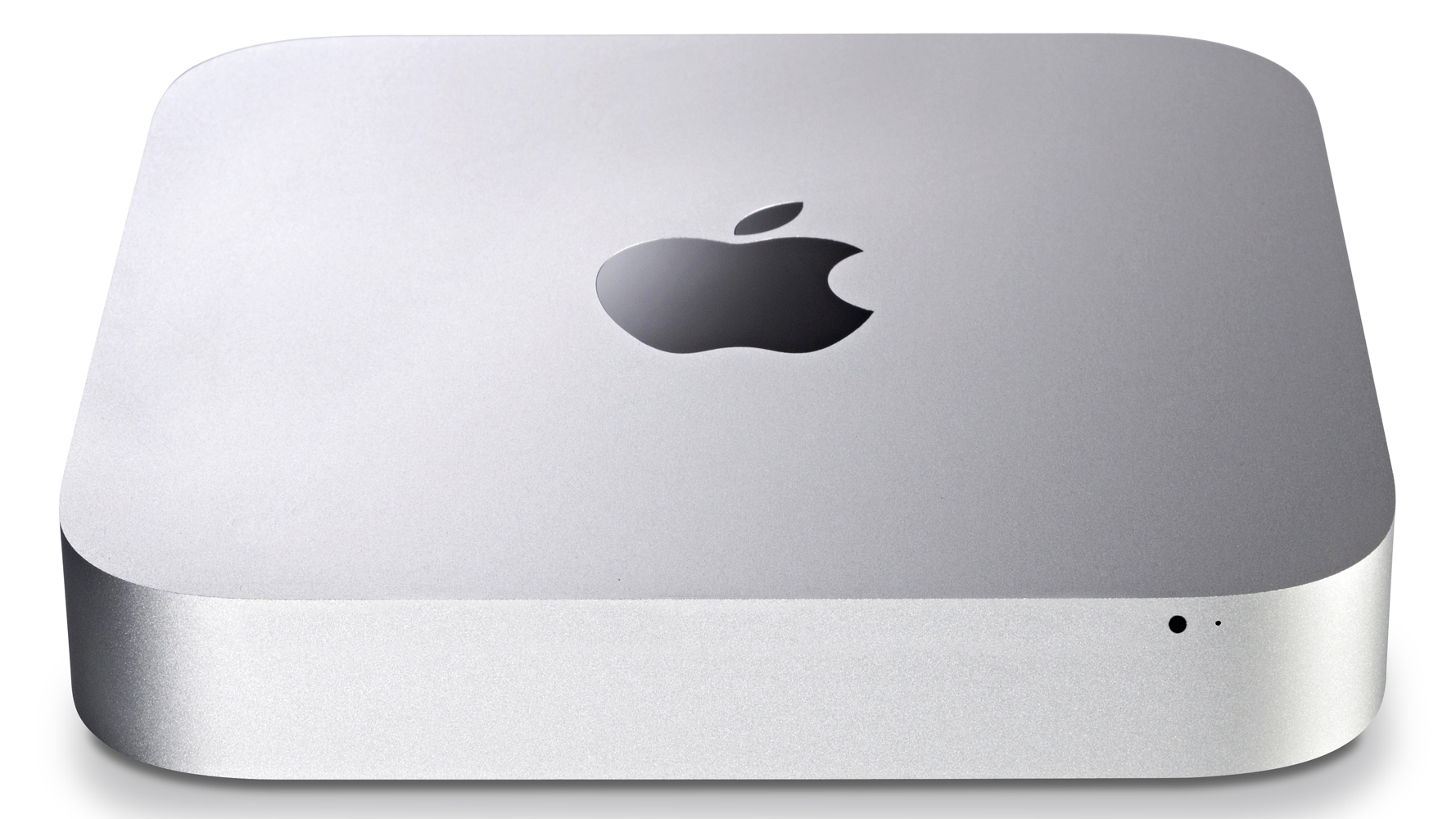
#BUY 2012 MAC MINI 1080P#
Support for 1080p resolution at up to 60HzĭVI output using HDMI to DVI Adapter (sold separately) Audio.Dual-link DVI output using Mini DisplayPort to Dual-Link DVI Adapter (sold separately).VGA output using Mini DisplayPort to VGA Adapter (sold separately).DVI output using Mini DisplayPort to DVI Adapter (sold separately).Support for up to two displays at 2560 by 1600 pixels, both at millions of colors Configurable to a 256GB solid-state drive or 1TB Fusion Drive.Configurable to 2.6GHz quad-core Intel Core i7 (Turbo Boost up to 3.6GHz).
#BUY 2012 MAC MINI MAC#
Otherwise the improved WiFi, graphics, and single-core performance make the new "Late 2014" Mac mini worth considering.2.5GHz dual-core Intel Core i5 (Turbo Boost up to 3.1GHz) with 3MB 元 cacheĢ.3GHz quad-core Intel Core i7 (Turbo Boost up to 3.3GHz) with 6MB 元 cache I would suggest trying to track down a "Late 2012" Mac mini rather than buying a new "Late 2014" Mac mini.
#BUY 2012 MAC MINI PRO#
Note that this wasn't an issue with the Sandy Bridge and Ivy Bridge processors, where both dual- and quad-core processors used the same socket.Īpple could have gone quad-core across the the "Late 2014" lineup, but I suspect they wouldn't have been able to include a quad-core processor (let alone one with Iris Pro graphics) and still hit the $499 price point.Īll things considered, if you're looking for great multi-core performance in a mini (say if you're using your Mac mini as a server), I have a hard time recommending the new Mac mini. Other Macs use the same logic board across models, so I wouldn't expect Apple to make an exception for the Mac mini. So why did Apple switch to dual-core processors in the "Late 2014" lineup? The only technical reason I can think of is that the Haswell dual-core processors use one socket (that is, the physical interface between the processor and the logic board) while the Haswell quad-core processors use different sockets:Īpple would have to design and build two separate logic boards to accommodate both dual-core and quad-core processors. The other models (which have a dual-core processor in the "Late 2014" lineup but a quad-core processor in the "Late 2012" lineup) is down from 70% to 80%. The "Good" model (which has a dual-core processor in both lineups) is down 7%.

Unlike single-core performance multi-core performance has decreased significantly. This increase is in line with what we saw when other Macs models moved from Ivy Bridge to Haswell processors. Single-core performance has increased slightly from 2% to 8% between the "Late 2012" and "Late 2014" models. Here are the estimated scores for the "Late 2014" Mac minis alongside the actual scores for the "Late 2012" Mac minis:

I expect the estimated scores will be within 5% of the actual scores for the Mac minis. Instead, I estimated the new Mac minis' scores by using data from other systems with the same processor. Unfortunately there are no Geekbench results for the new Mac minis in the Geekbench Browser to help us answer this question.

How much this change will affect multi-core performance? Will the new Mac minis be slower than the old Mac minis? From the table you can see Apple has moved from dual- and quad-core processors in the "Late 2012" lineup to dual-core processors across the entire "Late 2014" lineup.


 0 kommentar(er)
0 kommentar(er)
